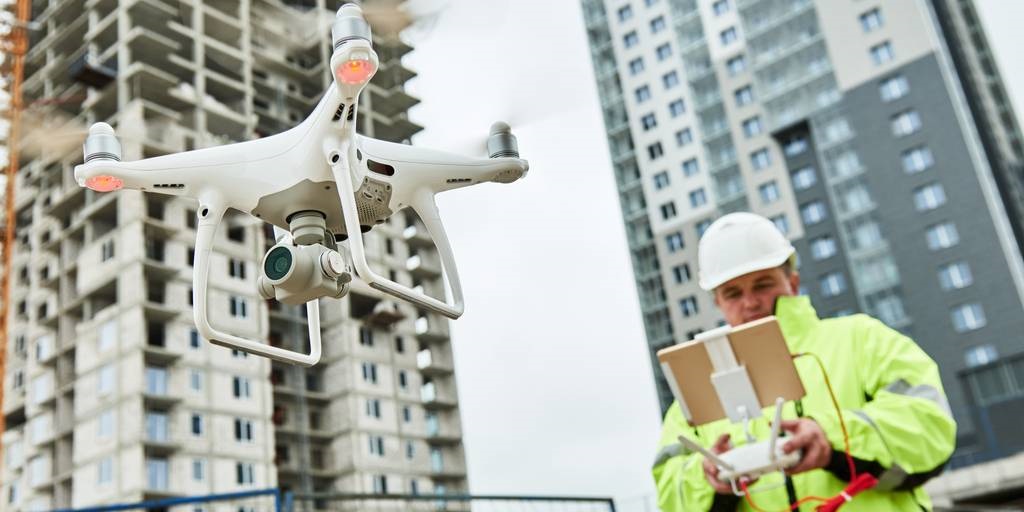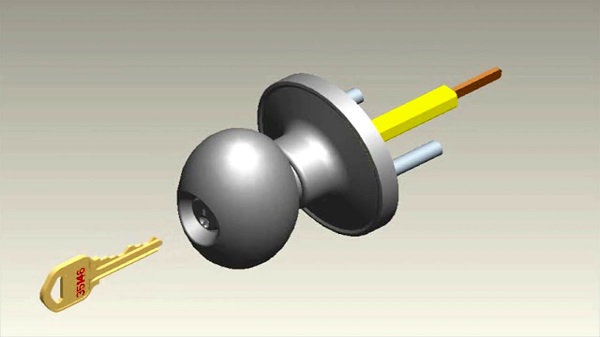The construction industry is a dynamic and complex field, demanding a blend of technical expertise, meticulous planning, and effective project management. Adhering to best practices is crucial to ensure projects are completed on time, within budget, and to the highest standards of quality and safety. This article explores a wide range of best practices that contribute to successful construction projects, from planning and design to execution and completion.
1. Meticulous Planning and Design
The foundation of a successful construction project lies in thorough planning and design. This stage involves a comprehensive analysis of project requirements, site conditions, regulatory compliance, and stakeholder expectations.
Key elements include:
- Feasibility Studies: Conducting thorough feasibility studies helps assess project viability, potential risks, and financial implications.
- Detailed Design: Creating detailed architectural and engineering designs, including structural, electrical, mechanical, and plumbing systems, ensures clarity and accuracy.
- Value Engineering: Implementing value engineering techniques helps optimize designs for cost-effectiveness without compromising quality or functionality.
- Building Information Modeling (BIM): Utilizing BIM technology enhances collaboration, visualization, and clash detection during the design phase.
2. Effective Project Management
Robust project management practices are essential for successful project execution. This involves:
- Clear Communication: Establishing clear communication channels between all stakeholders fosters collaboration, understanding, and timely decision-making.
- Risk Management: Identifying and assessing potential risks, developing mitigation strategies, and having contingency plans in place help address unforeseen challenges.
- Cost Control: Implementing effective cost control measures, including accurate budgeting, cost tracking, and change order management, helps maintain financial discipline.
- Schedule Management: Developing a detailed project schedule, monitoring progress, and proactively addressing delays ensures timely completion.
- Quality Assurance: Implementing a rigorous quality assurance program, including inspections, testing, and documentation, helps ensure adherence to standards.
3. Safety First
Prioritizing safety is paramount in the construction industry. Key practices include:
- Safety Training: Providing comprehensive safety training to all workers on site helps create a safe working environment and reduce accidents.
- Personal Protective Equipment (PPE): Enforcing the use of appropriate PPE, such as hard hats, safety glasses, gloves, and high-visibility vests, helps protect workers from hazards.
- Hazard Identification and Control: Regularly identifying and assessing potential hazards on site and implementing control measures helps prevent accidents.
- Safety Audits and Inspections: Conducting regular safety audits and inspections helps identify areas for improvement and ensure compliance with safety regulations.
4. Sustainable Construction
Incorporating sustainable practices into construction projects is increasingly important for environmental responsibility and long-term cost savings.
This includes:
- Green Building Materials: Utilizing sustainable and recycled materials helps reduce environmental impact and promote resource efficiency.
- Energy Efficiency: Designing energy-efficient buildings, incorporating renewable energy sources, and utilizing efficient HVAC systems helps reduce energy consumption.
- Water Conservation: Implementing water-saving technologies, such as low-flow fixtures and rainwater harvesting systems, helps conserve water resources.
- Waste Management: Implementing effective waste management practices, including recycling and responsible disposal, helps minimize environmental impact.
Related: Extension Ideas to Help you Make the Most of your Home
5. Embracing Technology

Leveraging technology can enhance efficiency, accuracy, and productivity in construction projects. This includes:
- Drones: Using drones for aerial surveys, site inspections, and progress monitoring improves data collection and visualization.
- 3D Printing: Utilizing 3D printing technology for prototyping, creating complex components, and even constructing entire buildings offers innovative solutions.
- Robotics: Deploying robots for tasks such as bricklaying, demolition, and material handling can increase speed and precision.
- Artificial Intelligence (AI) and Machine Learning (ML): Implementing AI and ML algorithms for data analysis, predictive modeling, and decision support helps optimize project outcomes.
6. Skilled Workforce
A skilled and motivated workforce is vital for successful construction projects. This involves:
- Training and Development: Investing in ongoing training and development programs helps enhance worker skills, knowledge, and safety awareness.
- Employee Engagement: Creating a positive and supportive work environment fosters employee engagement, productivity, and retention.
- Collaboration and Teamwork: Promoting collaboration and teamwork among different trades and stakeholders helps ensure seamless project execution.
Related: What Are Some Examples Of Bulk Material Handling?
7. Community Engagement
Engaging with the local community throughout the construction process is crucial for building positive relationships and minimizing disruptions.
This includes:
- Open Communication: Maintaining open communication with the community, providing project updates, and addressing concerns proactively.
- Minimizing Disruptions: Implementing measures to minimize noise, dust, and traffic disruptions during construction.
- Supporting Local Businesses: Utilizing local suppliers and subcontractors whenever possible helps stimulate the local economy.
Conclusion
Adhering to best practices in construction is essential for ensuring projects are completed successfully, meeting the highest standards of quality, safety, and sustainability. By embracing meticulous planning, effective project management, safety prioritization, sustainable practices, technological advancements, skilled workforce development, and community engagement, construction projects can achieve optimal outcomes and contribute to a better-built environment.



